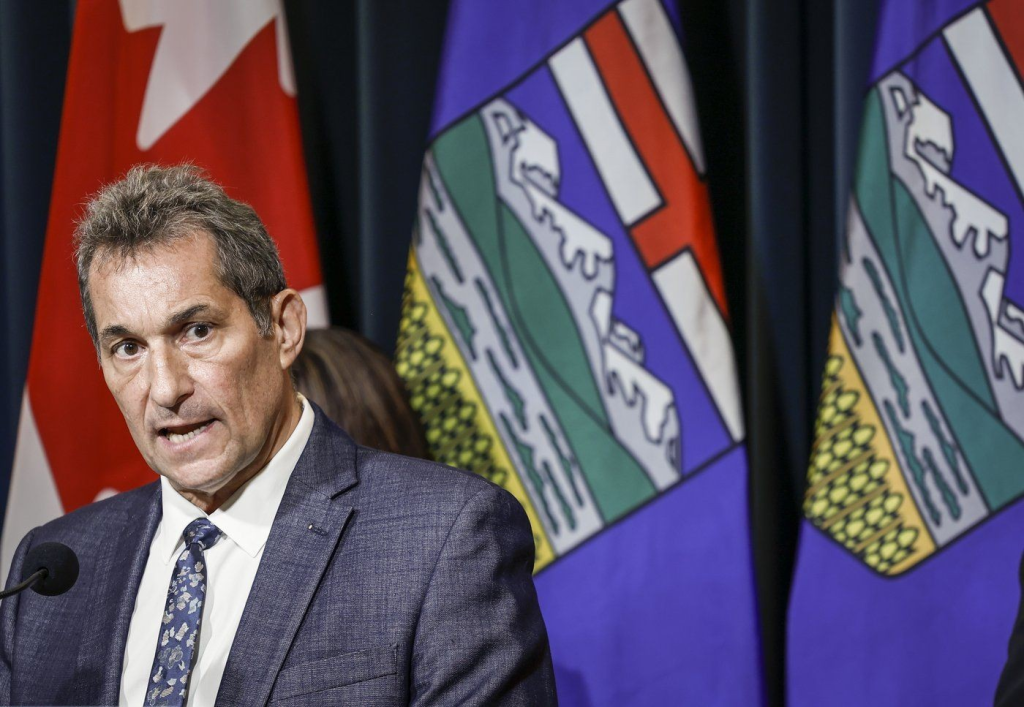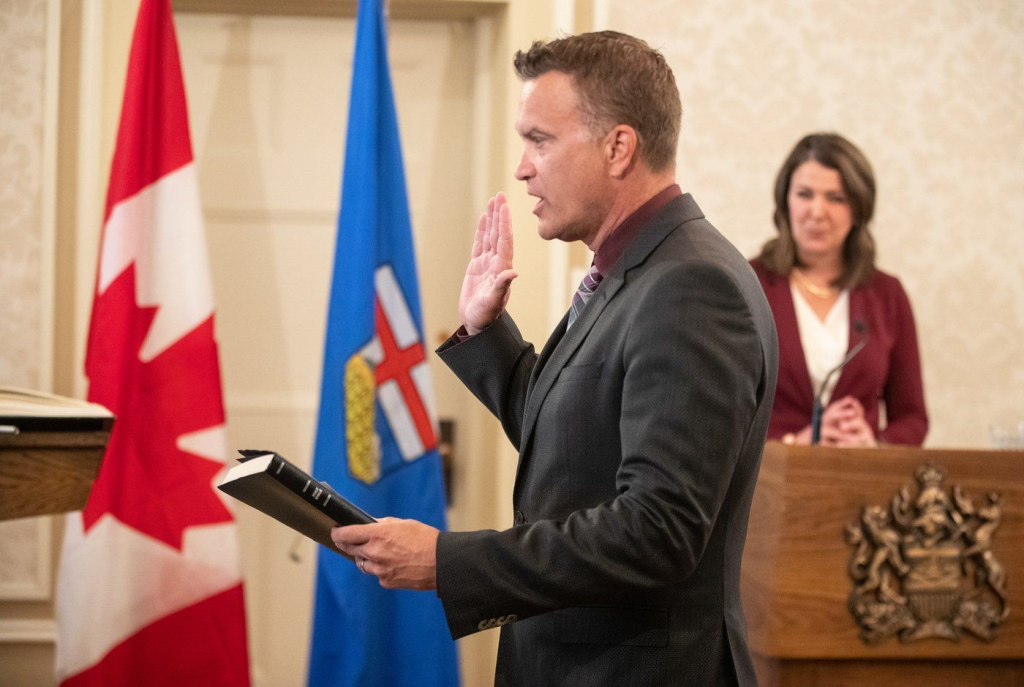Residential school survivor doesn’t want history erased

Posted Oct 23, 2020 10:50 am.
Last Updated Oct 23, 2020 11:12 am.
CALGARY (CityNews) – One residential school survivor says while he wishes he could forget the horrors he endured, he doesn’t want them to be erased.
It comes just days after a leaked curriculum draft suggests teaching about them is too upsetting for young children.
Clarence Wolfleg went to a residential school in Siksika Nation where he said he was punished for speaking Blackfoot.
“They gave me about 10 whacks with those implement belts for equipment, they’re very thick and they’re very strong. One of the things that I was told by my brothers is don’t cry. So I really felt the pain but I couldn’t shed tears.”
Earlier this week, CBC News obtained a draft of proposed social studies changes for Kindergarten to Grade 4. A panel recommending the subject be taught to older children and not centered on Indigenous people.
RELATED: Concerns raised about leaked recommendations on curriculum review
“The teachers on our team are incredibly disappointed about this,” said Iman Bukhari, founder of the Canadian Cultural Mosaic Foundation.
The foundation is fighting to keep it in school and has been working on an anti-racism and multicultural hub so regardless of the province’s decision, teachers still have a resource for their classrooms.
“Canada was built on the foundations of racism so you can’t try to erase that by not including it in the curriculum,” said Bukhari.
“The kids are going to learn one way or another, but it’s really unfortunate that our school systems or our curriculum would not support that. That means teachers have to do extra effort or have to make the extra effort and our kids will be ill-equipped.”
Education Minister Adriana LaGrange responded to the leaked documents Wednesday saying it’s just advice.
“We are absolutely committed to truth and reconciliation and to ensuring that the truth about residential schools, about that content, is in our K-6 curriculum.”
WATCH: Parents react to proposed curriculum changes

Wolfleg said he has shared stories of residential schools with elementary students and in social studies classes.
“I try to tell the story in a way that’s subtle so they don’t get scared of it. It’s the way you teach it to the children.”








